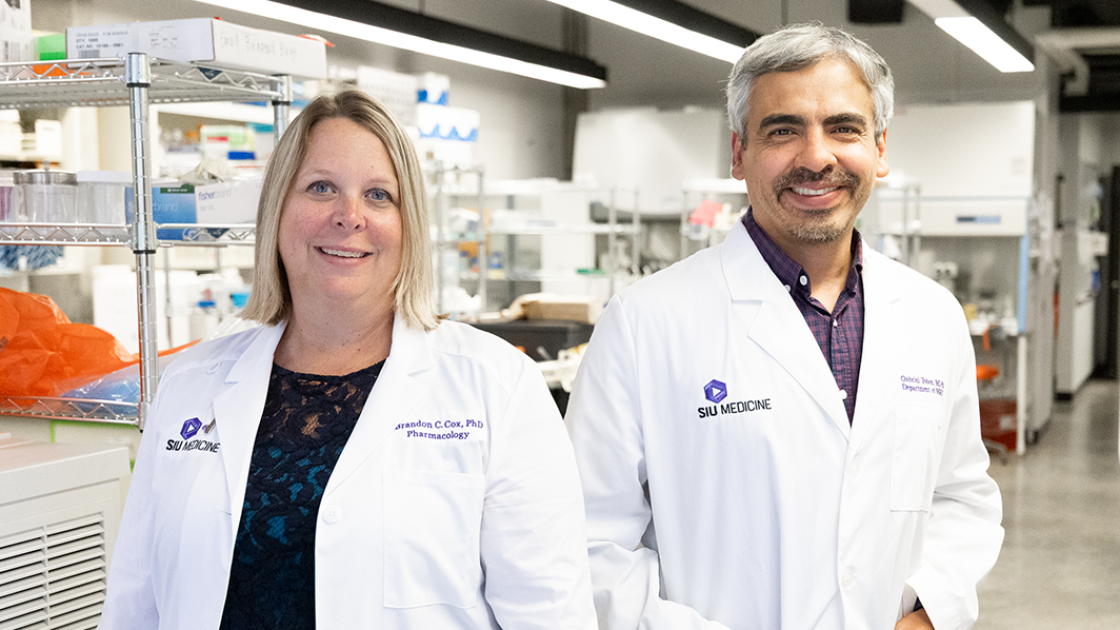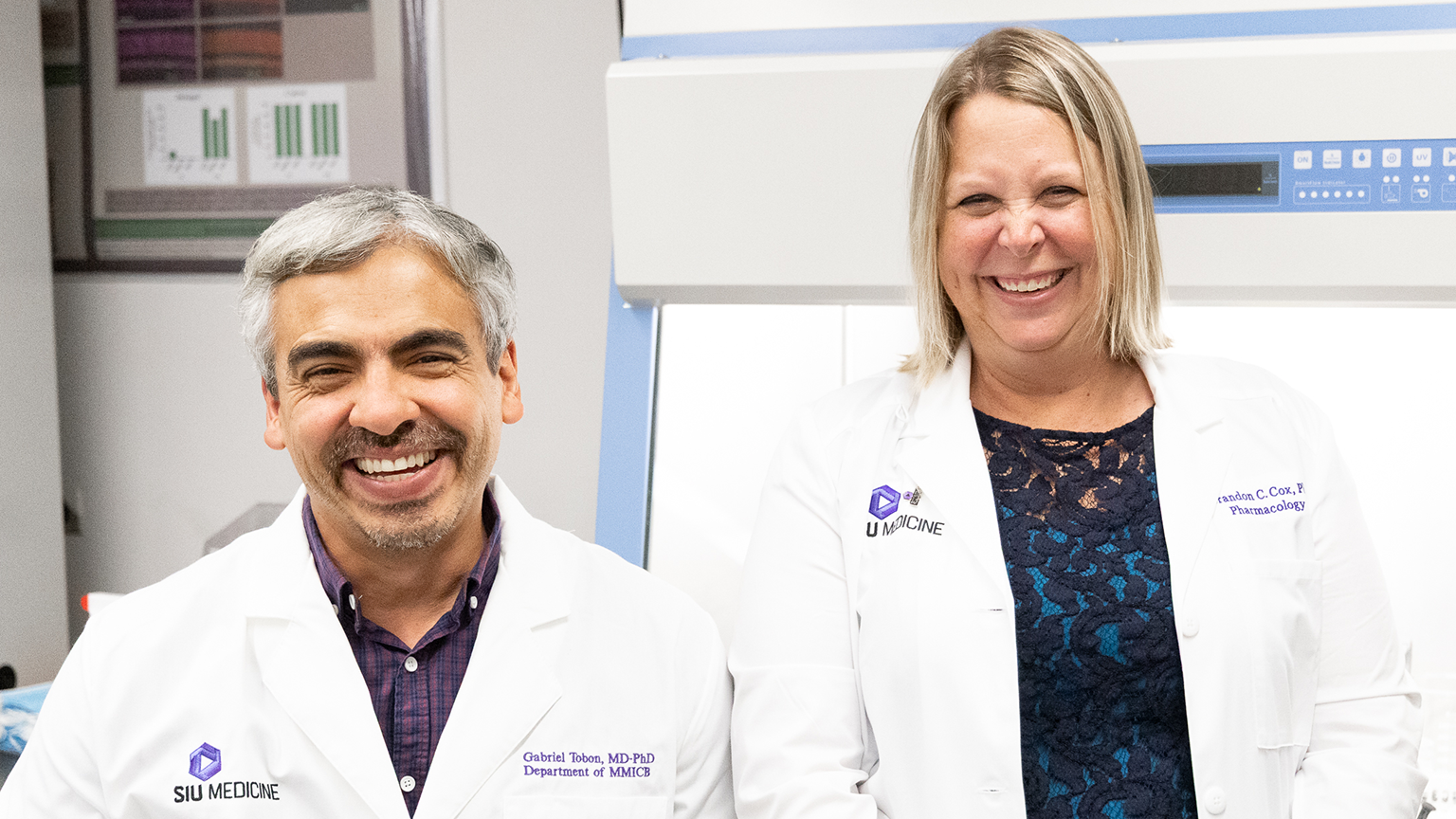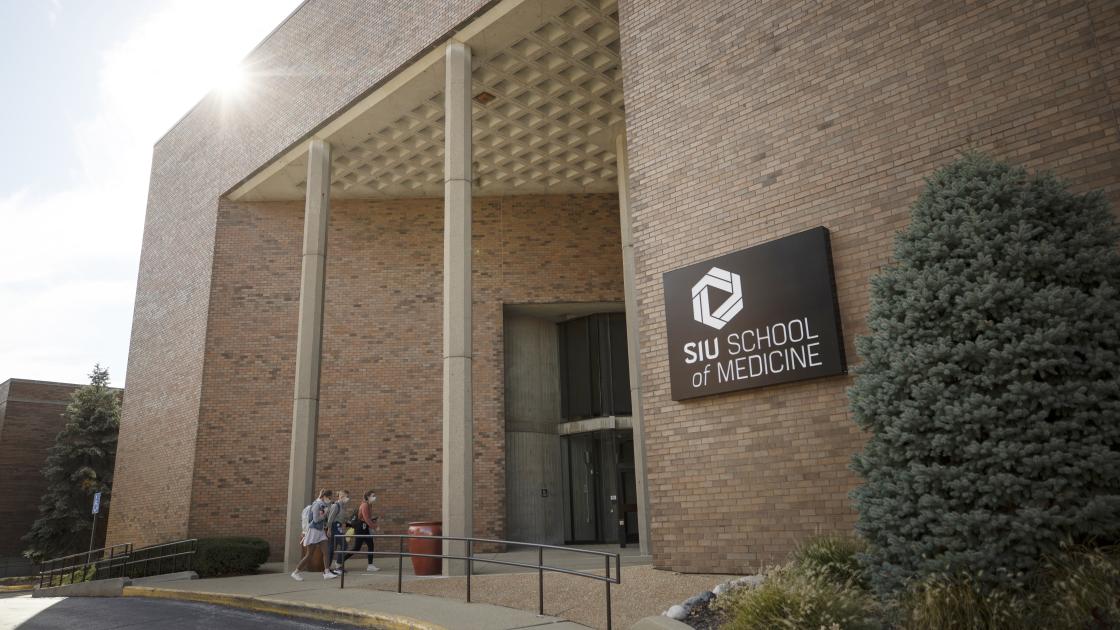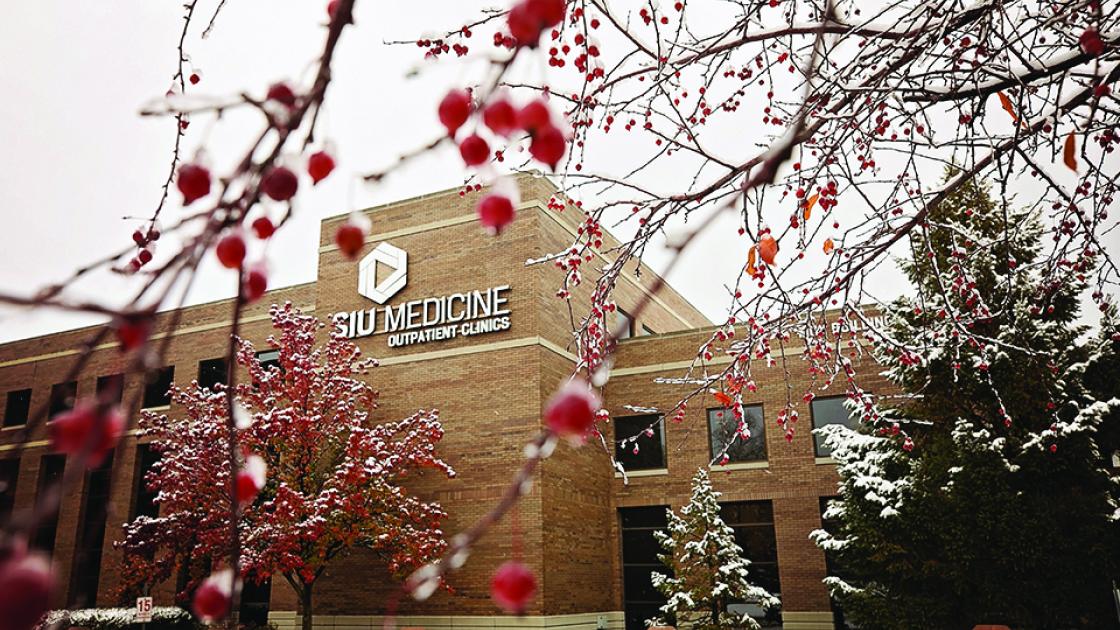
Seed funding, strong roots: Two SIU researchers explore early clues to chronic conditions
2025 Spring Research Seed Grants launch projects on rheumatoid arthritis and balance disorders.
Two early-stage research projects at SIU School of Medicine are taking on complex, chronic diseases that affect millions, with the help of focused funding designed to plant the seeds of future discovery.
The Spring 2025 Research Seed Grants, awarded by the associate dean for research, support SIU School of Medicine faculty in generating data that could lead to larger, external grants. This year’s recipients are
- Brandon Cox, PhD, professor and director of the Multidisciplinary Biomedical & Biological Sciences Graduate Program, Department of Pharmacology
- Gabriel Tobon, MD, PhD, assistant professor of medical microbiology, immunology and cell biology
Searching for balance in the inner ear
Cox received $15,000 to advance a project exploring the biology of the vestibular system, the part of the inner ear that helps us balance, coordinate movements and orient ourselves in the world.
“When the vestibular system is damaged, people can experience vertigo, imbalance, anxiety and even cognitive challenges,” Cox said. “Falls become more likely, and quality of life can be severely impacted.”
Cox’s research focuses on specialized sensory cells in the inner ear called hair cells, which detect head movement. These cells naturally degrade as we age, but researchers don’t fully understand why or how to stop it.
Cox’s team, led by graduate student Olusegun “Olu” Jimoh, is studying a gene called Jagged1, which plays a critical role in the development of hair cells during early life. Their hypothesis: that Jagged1 may also be important to maintain the survival of vestibular hair cells later in life.
“Most of our past work has focused on hearing loss, but this project takes what we’ve learned and applies it to balance and spatial orientation,” Cox said. “It’s a shift that could have big implications for aging adults.”
The funding will allow the team to explore how Jagged1 interacts with other genes and receptors to affect the survival of balance-related cells. This foundational work could lead to federal research grants through the National Institutes of Health, particularly in areas related to aging and sensory disorders.
“Nearly half of adults over 60 experience vestibular dysfunction,” Cox said. “We’re working toward a better understanding of why — and how we might prevent or treat it.”
A new lens on rheumatoid arthritis
Tobon is using his $15,000 seed grant to investigate an overlooked hormone receptor that may be an early warning signal for autoimmune disease.
His research explores the role of parathyroid hormone (PTH) and its receptor, PTHR1, in rheumatoid arthritis (RA), a chronic condition that affects about 1.3 million Americans. While PTH is best known for regulating calcium and bone health, it also interacts with immune cells and may be linked to inflammation and disease activity in RA.
“In patients with lupus, we’ve seen that this receptor is highly expressed on B cells,” said Tobon. “We want to know: is the same true in rheumatoid arthritis? And if so, could it be a marker of disease progression?”
The pilot study involves analyzing blood samples from patients with RA and comparing them to those from individuals with osteoarthritis and healthy controls. His team will measure PTHR1 expression in B cells and evaluate whether those levels correspond with clinical markers of disease activity, including joint inflammation, bone erosion, and lab indicators like interleukin-6 and vitamin D.
If successful, the research could lead to a new biomarker for RA, helping clinicians track disease activity or personalize treatment.
“Ultimately, we want to help physicians make more informed decisions and give patients better tools to manage their condition,” Tobon said.
Laying the groundwork for lasting impact
Both projects highlight the power of local research to drive forward-looking health care.
SIU’s Research Seed Grants are small by design, providing early support for promising ideas. But their impact is measured not just in publications or pilot data, but in the potential they create for long-term discovery, especially discoveries that can improve health outcomes in communities across central and southern Illinois.
“Our mission is to ask the right questions,” Tobon said. “And this kind of support gives us the freedom to start answering them.”
For Cox, the award also validates the creativity and promise of student-led work. “Olu generated the pilot data and came up with the idea,” she said. “This grant lets us take it further — and grow something that could really matter.”

These grants support forward-thinking projects that the Grant Review Committee identified as having strong potential to mature into nationally funded breakthroughs,” said Don Torry, PhD, associate dean for research. “Presenting compelling preliminary data is critical for success at the national level, and this internal support—along with other internal funding mechanisms—is essential for advancing our research mission.”



